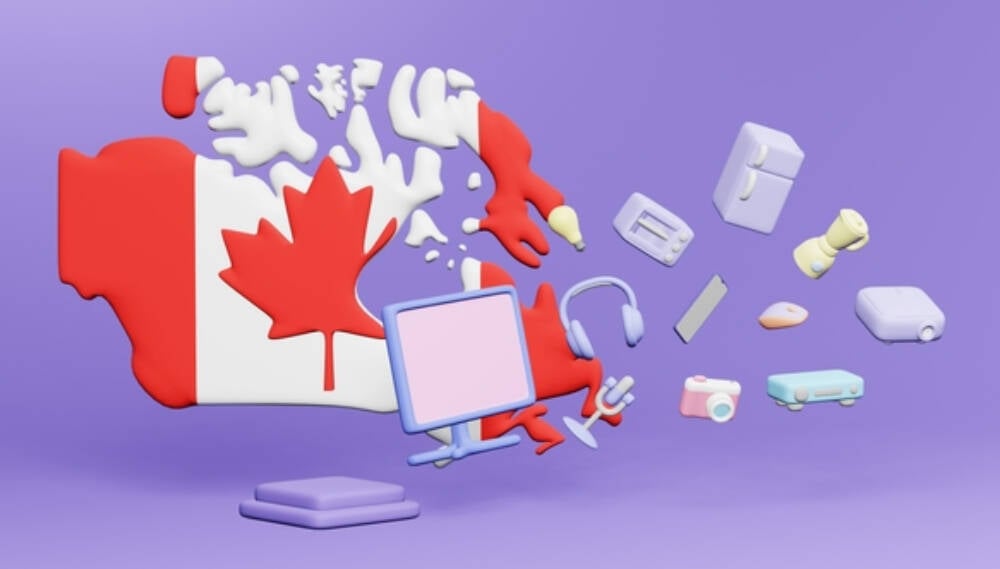Digital software locks have just become flimsier in Canada with the passage of a pair of laws allowing for their bypass for repair and interoperability purposes.
Royal assent was granted to two right to repair bills last week that amend Canada’s Copyright Act to allow the circumvention of technological protection measures (TPMs) if this is done for the purposes of “maintaining or repairing a product, including any related diagnosing,” and “to make the program or a device in which it is embedded interoperable with any other computer program, device or component.”
The pair of bills allow device owners to not only repair their own stuff regardless of how a program is written to prevent such non-OEM measures, but said owners can also make their devices work with third-party components without needing to go through the manufacturer to do so.
Bills C-244 (repairability) and C-294 (interoperability) go a long way toward advancing the right to repair in Canada and, as iFixit pointed out, are the first federal laws anywhere that address how TPMs restrict the right to repair – but they’re hardly final.
TPMs can take a number of forms, from simple administrative passwords to encryption, registration keys, or even the need for a physical object like a USB dongle to unlock access to copyrighted components of a device’s software. Most commercially manufactured devices with proprietary embedded software include some form of TPM, and neither C-244 nor C-294 place any restrictions on the use of such measures by manufacturers.
As iFixit points out, neither Copyright Act amendments do anything to expand access to the tools needed to circumvent TPMs. That puts Canadians in a similar position to US repair advocates, who in 2021 saw the US Copyright Office loosen DMCA restrictions to allow limited repairs of some devices despite TPMs, but without allowing access to the tools needed to do so.
Such repairability conflicts can be seen in legal policies as recent as late last month when the US Copyright Office made another round of DMCA allowances that included letting fast food chain McDonald’s repair its own ice cream machines, which are famously always broken.
“While it’s now legal to circumvent the digital locks on these machines, the ruling does not allow us to share or distribute the tools necessary to do so,” iFixit director of sustainability Elizabeth Chamberlain said last month. “The ruling doesn’t change the underlying statute making it illegal to share or sell tools that bypass software locks. This leaves most of the repair work inaccessible to the average person, since the technical barriers remain high.”
Canadian Repair Coalition co-founder Anthony Rosborough said last week that the new repairability and interoperability rules represent considerable progress, but like similar changes in the US, don’t actually amount to much without the right to distribute tools.
“New regulations are needed that require manufacturers and vendors to ensure that products and devices are designed with accessibility of repairs in mind,” Rosborough wrote in an op-ed last week. “Businesses need to be able to carry out their work without the fear of infringing various intellectual property rights.” ®

